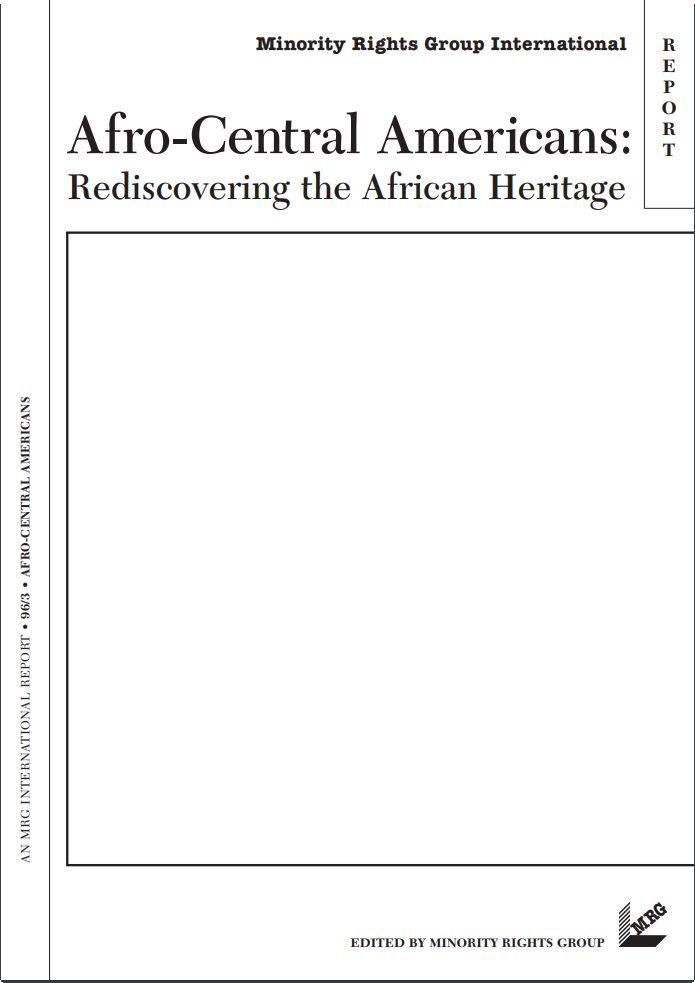
Afro-Central Americans: Rediscovering the African heritage
Central Americans of African ancestry have historically been an oppressed and neglected minority. Almost all descended from slaves, and representing a sizeable proportion of the population in many countries of the region, they have generally been denied access to power, influence or material progress.
Afro-Central Americans: Rediscovering the African Heritage seeks to challenge the ‘invisibility’ of people of African descent to wider Central American society. Focusing on Mexico, Nicaragua, Panama, Costa Rica, Belize and Honduras, the report highlights Afro-Central Americans’ significant contribution to the region, often in the face of marginalization and racism. Written by scholars and activists from many countries, the report charts the Afro-Central American experience from slavery to contemporary times, where Afro-Central Americans are demanding their rights and voicing their aspirations.
Afro-Central Americans: Rediscovering the African Heritage ends with a number of recommendations which are intended to encourage the governments and peoples of Central America to recognize the region’s African heritage and celebrate and welcome its ethnic pluralism.
Please note that the terminology in the fields of minority rights and indigenous peoples’ rights has changed over time. MRG strives to reflect these changes as well as respect the right to self-identification on the part of minorities and indigenous peoples. At the same time, after over 50 years’ work, we know that our archive is of considerable interest to activists and researchers. Therefore, we make available as much of our back catalogue as possible, while being aware that the language used may not reflect current thinking on these issues.